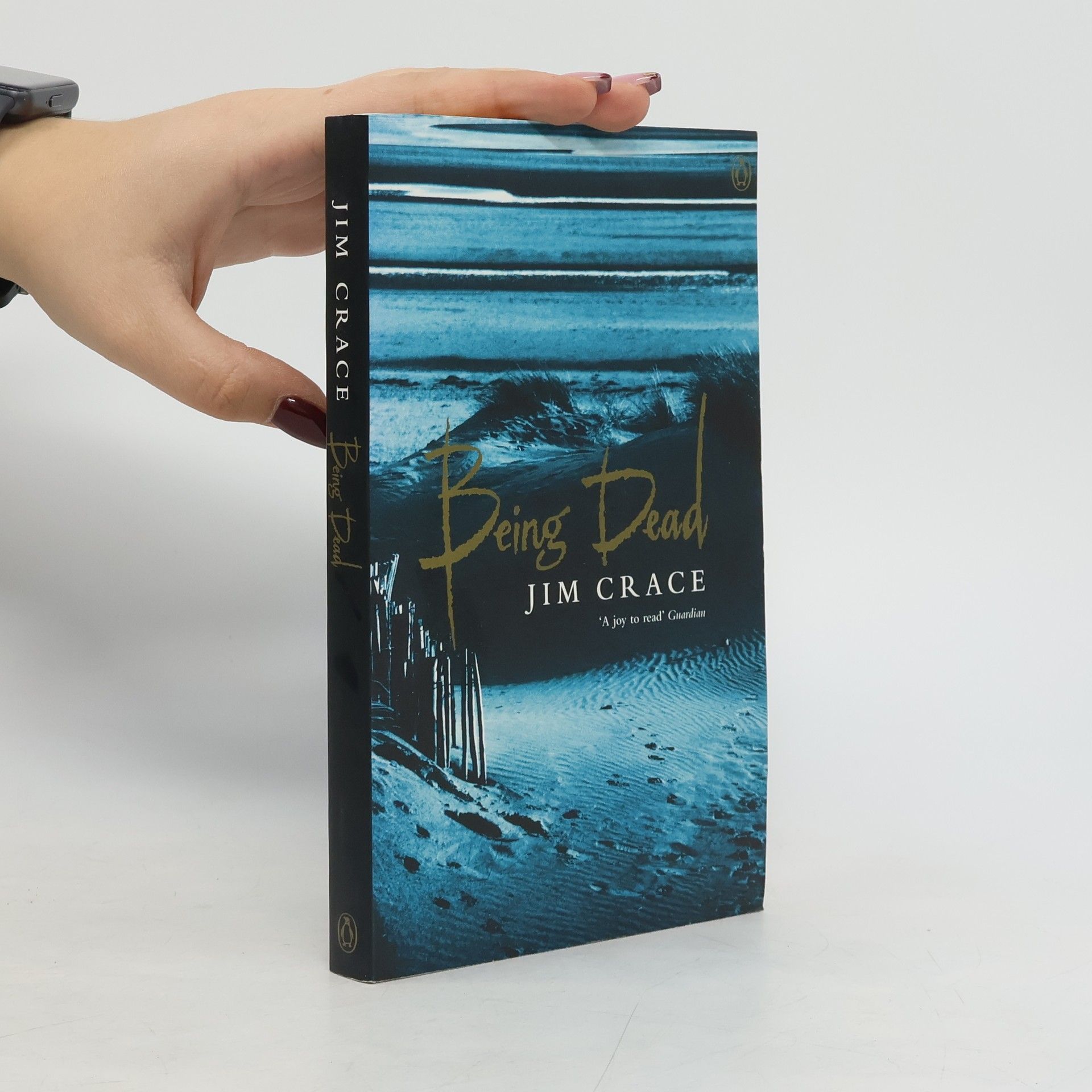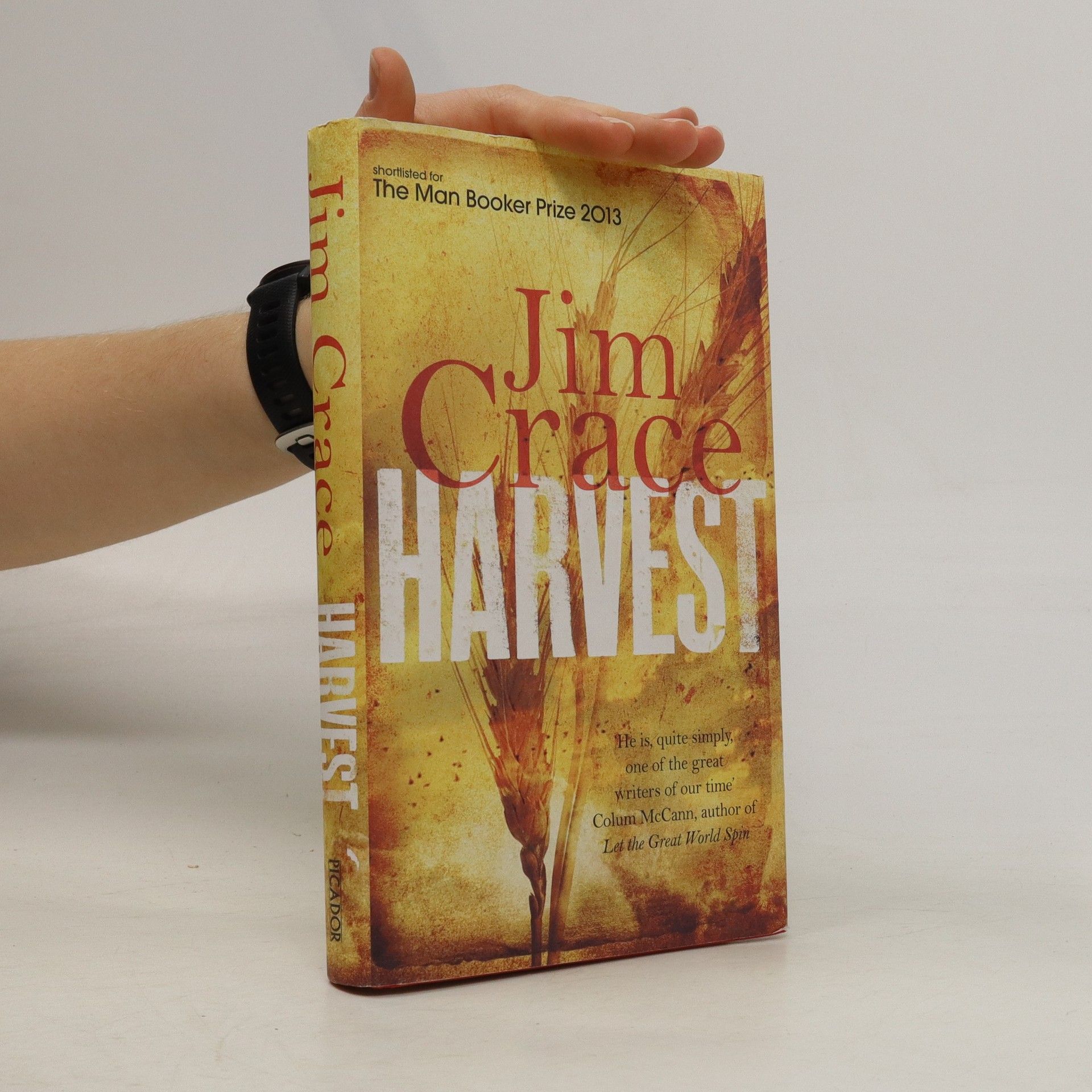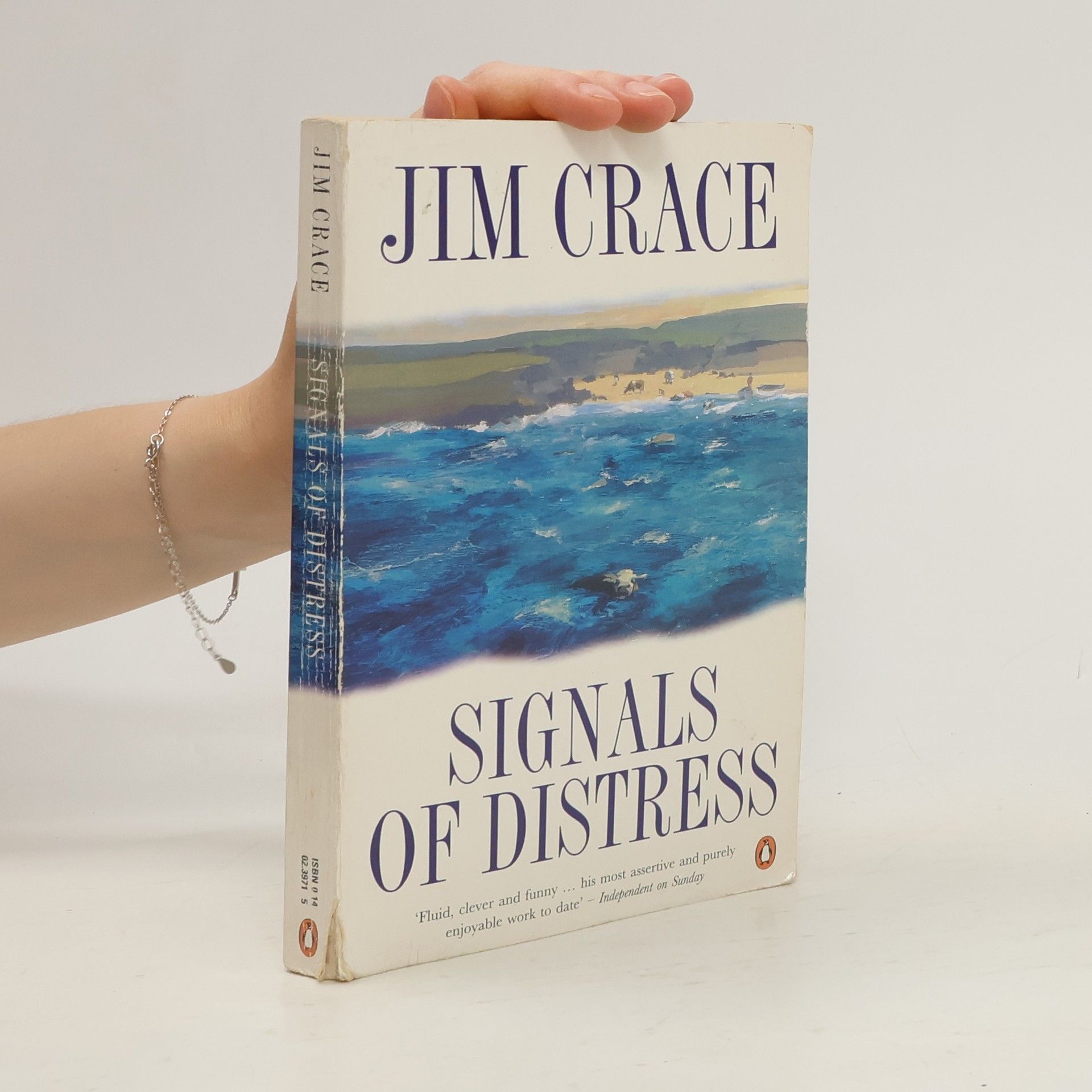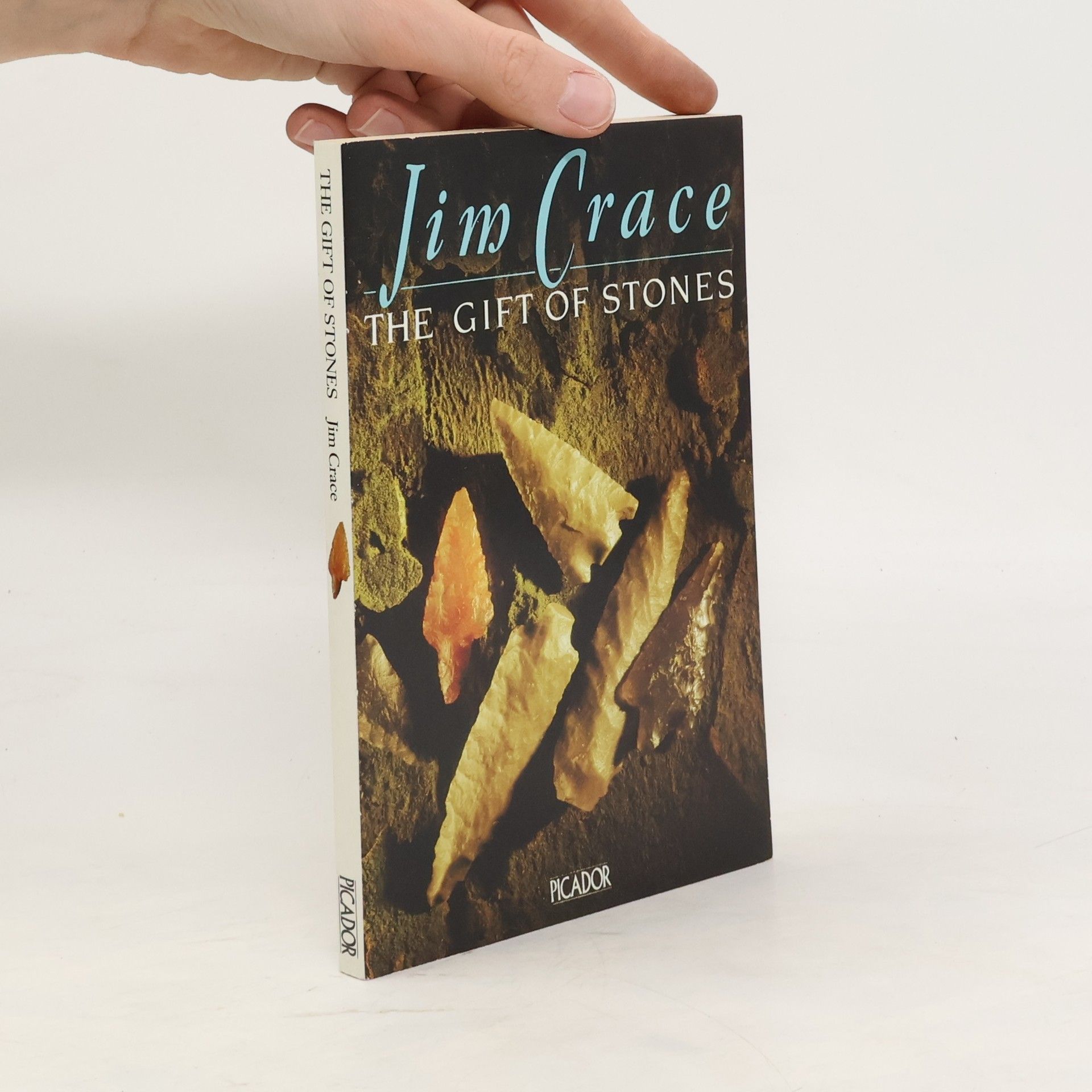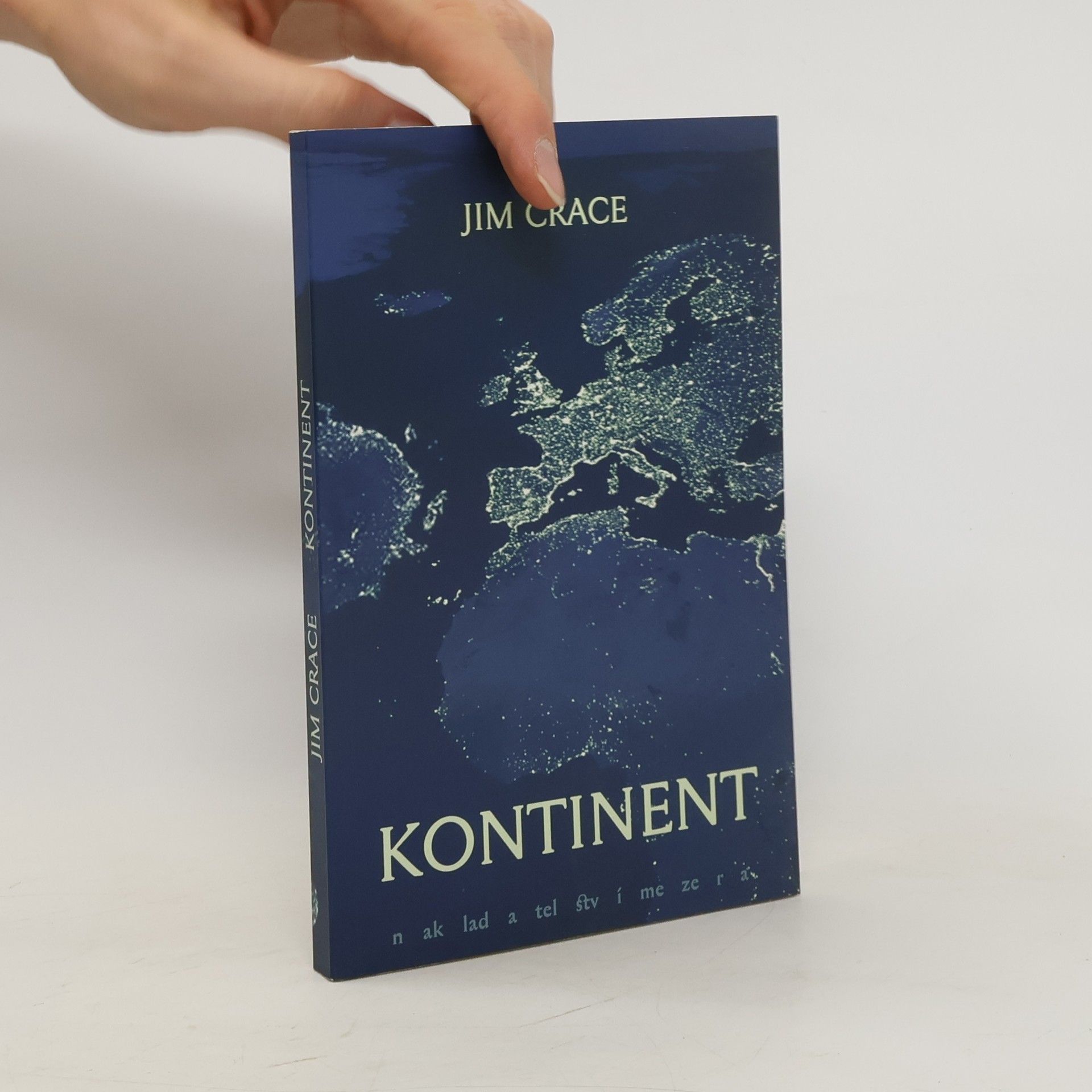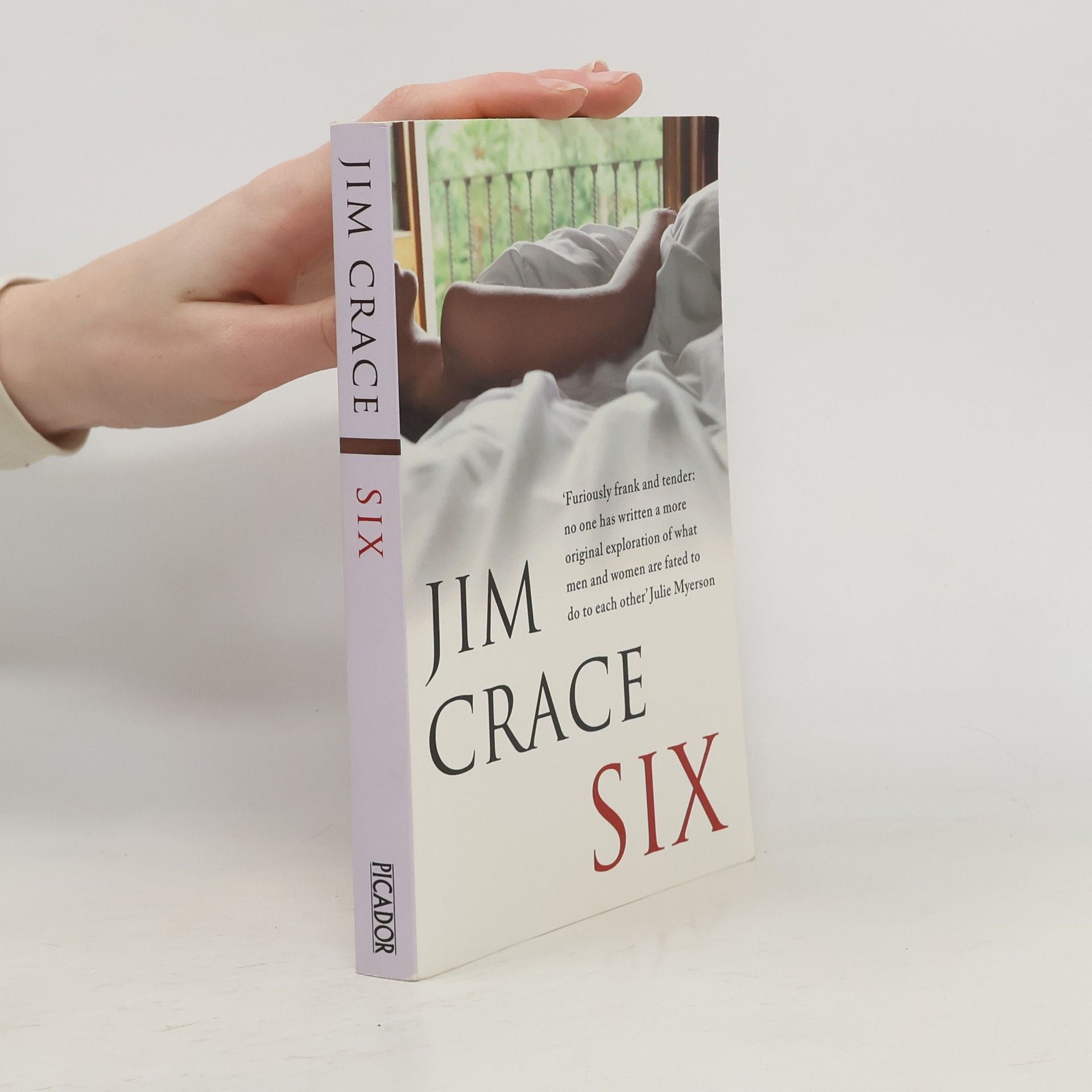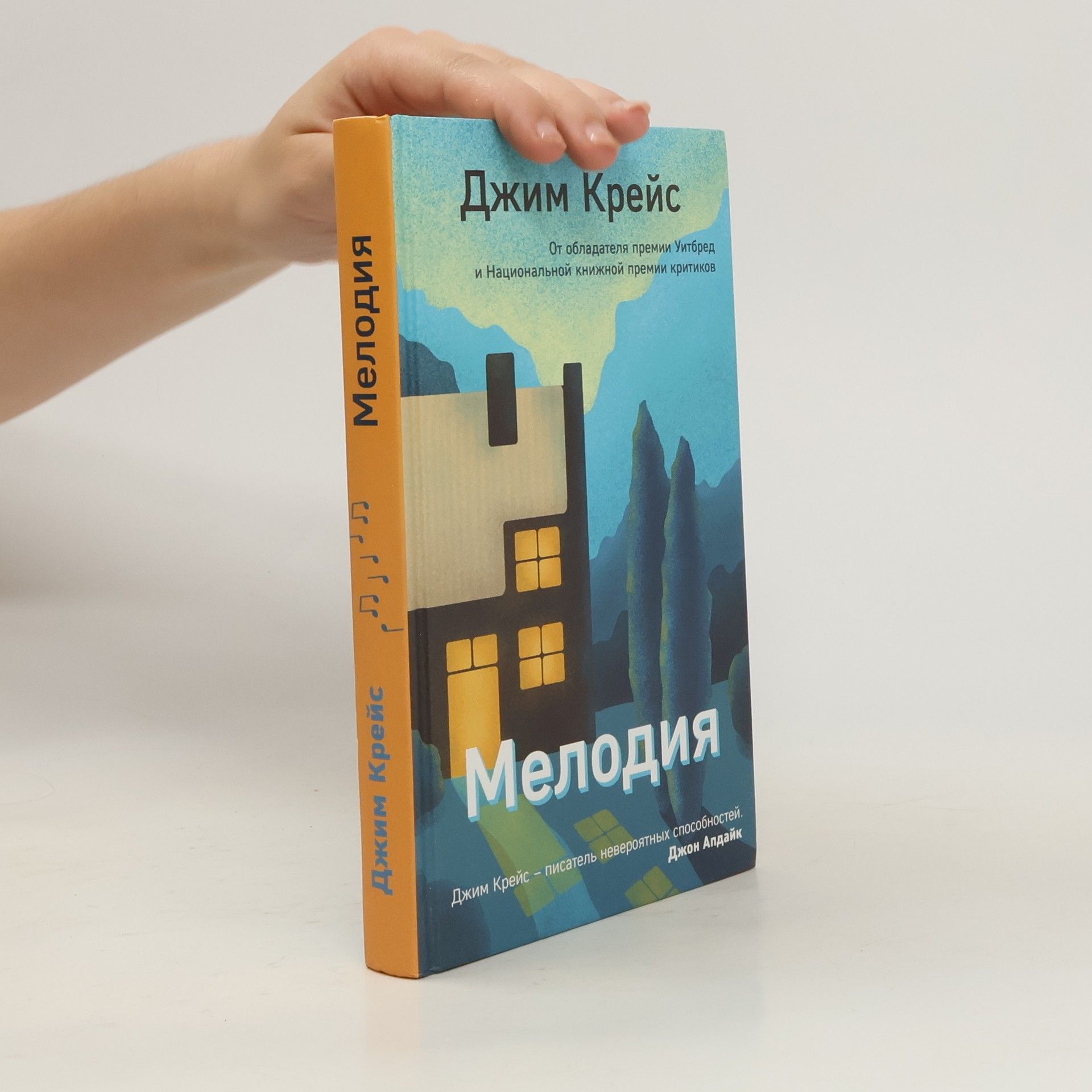Kontinent
- 166 stránek
- 6 hodin čtení
Román originálního anglického spisovatele se skládá ze sedmi částí ze smyšleného sedmého světadílu; dílo plné symbolů se zaměřuje na konflikt mezi tradičním a pokrokovým, a to jak už v materiální, intelektuální, tak duchovní sféře. Všechny části jsou velmi svérázné, strhující, promyšlené a mistrovsky napsané.
